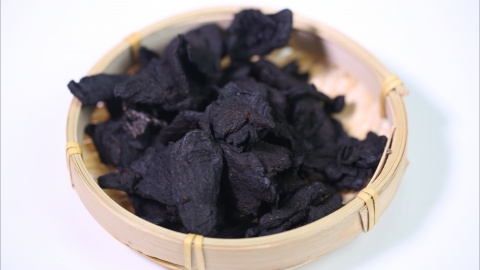How many times can Rehmannia glutinosa (Shu Di) and Cornus officinalis (Shan Zhu Yu) be steeped?
Rehmannia glutinosa (Shu Di) and Cornus officinalis (Shan Zhu Yu) can typically be steeped 2 to 3 times. The exact number of times depends on the quality of the herbs and individual taste preferences. If in doubt, it is recommended to consult a healthcare professional in advance. Detailed explanation is as follows:

Rehmannia glutinosa and Cornus officinalis are tonic traditional Chinese herbs whose active components are gradually released in hot water. If the herbs are of good quality and used in appropriate amounts, most of their nutritional components will be extracted during the first steeping, while subsequent infusions can still release some medicinal effects. This method of multiple steepings allows for efficient utilization of the herbs' value while maintaining a balance between taste and efficacy.
However, as the number of steepings increases, the taste and effectiveness of the herbs will gradually diminish. If the herbs have been stored for a long time or are of poor quality, they may lose most of their flavor and medicinal properties even after the second steeping. If being used for specific conditions such as kidney deficiency, lower back and knee soreness, etc., the number of steepings and dosage may be adjusted according to a doctor's advice.
It is recommended to adjust the number and duration of steepings based on the actual condition of the herbs and personal taste preferences, avoiding excessive reliance on multiple infusions to prevent compromising the overall effectiveness.





